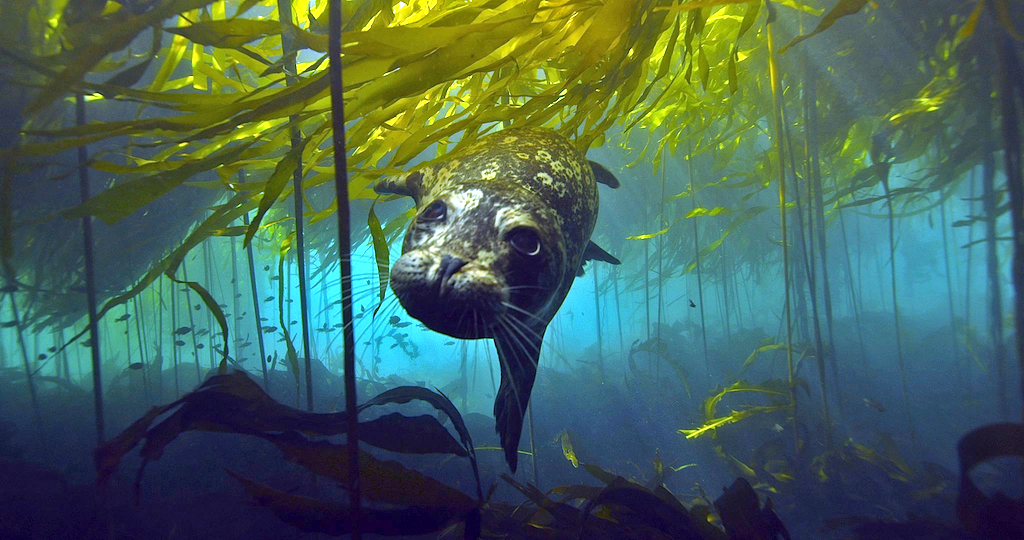At first, the decline of kelp in Puget Sound seemed unlikely. This signature, leafy algae was thought to be especially hearty and resistant to some of the stressors that have affected other shoreline species like eelgrass. It was hard to go to a beach in Puget Sound and not find long strands of bull kelp waving in the current. It was more of a hazard for boat propellers than an object of environmental concern. But the signs were there.
First, the rockfish started disappearing. These fish depend on kelp for protection and food and scientists suspected the loss of this key habitat was one of the primary reasons that three species of rockfish have been listed as threatened or endangered.
Other indicators were more subtle. Memories of kelp beds clouded. Samish tribe members reported having a hard time finding enough kelp to wrap fish in their traditional ceremonies. Anglers were surprised that some of their prized fishing spots were now gone because of the loss of bull kelp habitat. Anecdotal evidence was piling up and scientists began looking more closely.
For years researchers have been surveying kelp beds in Puget Sound, and now the results are out. This week, Sarah DeWeerdt reports on the latest findings and what they might mean for Puget Sound. It turns out that kelp is in serious decline throughout the region, alarming experts and signaling a new front for ecosystem recovery efforts.
Read the story in the Encyclopedia of Puget Sound’s online magazine Salish Sea Currents.
